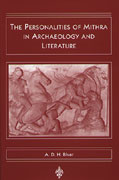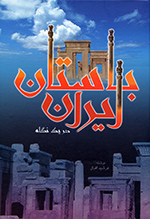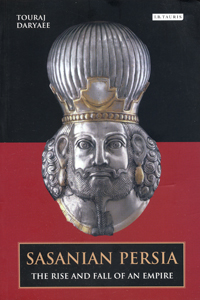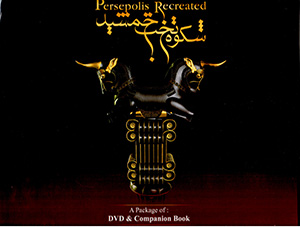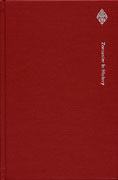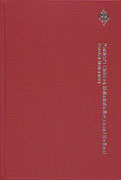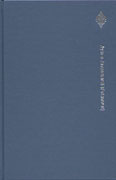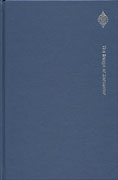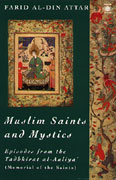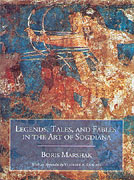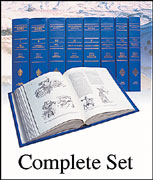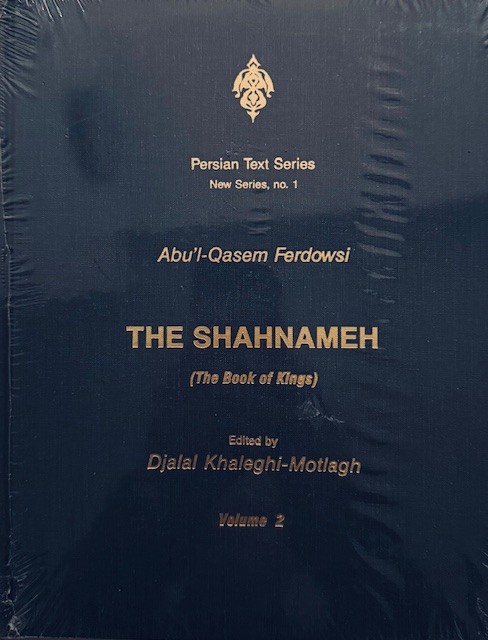The Personalities of Mithra in Archaeology and Literature: Engelska 1998
The Personalities of Mithra in Archaeology and Literature
25,88 $
Dela
Wishlist
ISBN:
0933273282
Förlag:
Eisenbrauns Inc
Åldersgrupp:
Vuxen
Sidor:
140
Vikt:
400 g
Produktmått:
14 x 21 x 0
,
98 cm
Bokomslag:
Inbunden
Mithraism was a widespread religion under the Roman Empire. Many scholars insist that the influential cult of Roman Mithraism, however shrouded its origins, was essentially a Western innovation. This work approaches the question from the other side, looking for the source of Mithraism in a parallel secret organization in Iran. The author presents striking new interpretations of archaeological evidence, further suggesting that passages from Plato, besides hinting that the philosopher was an initiate, provide our earliest information about this arcane brotherhood. The stimulating arguments presented here will provoke debate among historians of Greece and Rome, Iranists, Platonists, students of religion, and the wider public.
more
Mithraism was a widespread religion under the Roman Empire. Many scholars insist that the influential cult of Roman Mithraism, however shrouded its origins, was essentially a Western innovation. This work approaches the question from the other side, looking for the source of Mithraism in a parallel secret organization in Iran. The author presents striking new interpretations of archaeological evidence, further suggesting that passages from Plato, besides hinting that the philosopher was an initiate, provide our earliest information about this arcane brotherhood. The stimulating arguments presented here will provoke debate among historians of Greece and Rome, Iranists, Platonists, students of religion, and the wider public.
more

